The wistful daydreams of Lebanon's forgotten soldiers
An old militia barracks covered in old posters offers an intimate look at the hopes and desires of Lebanon's military men

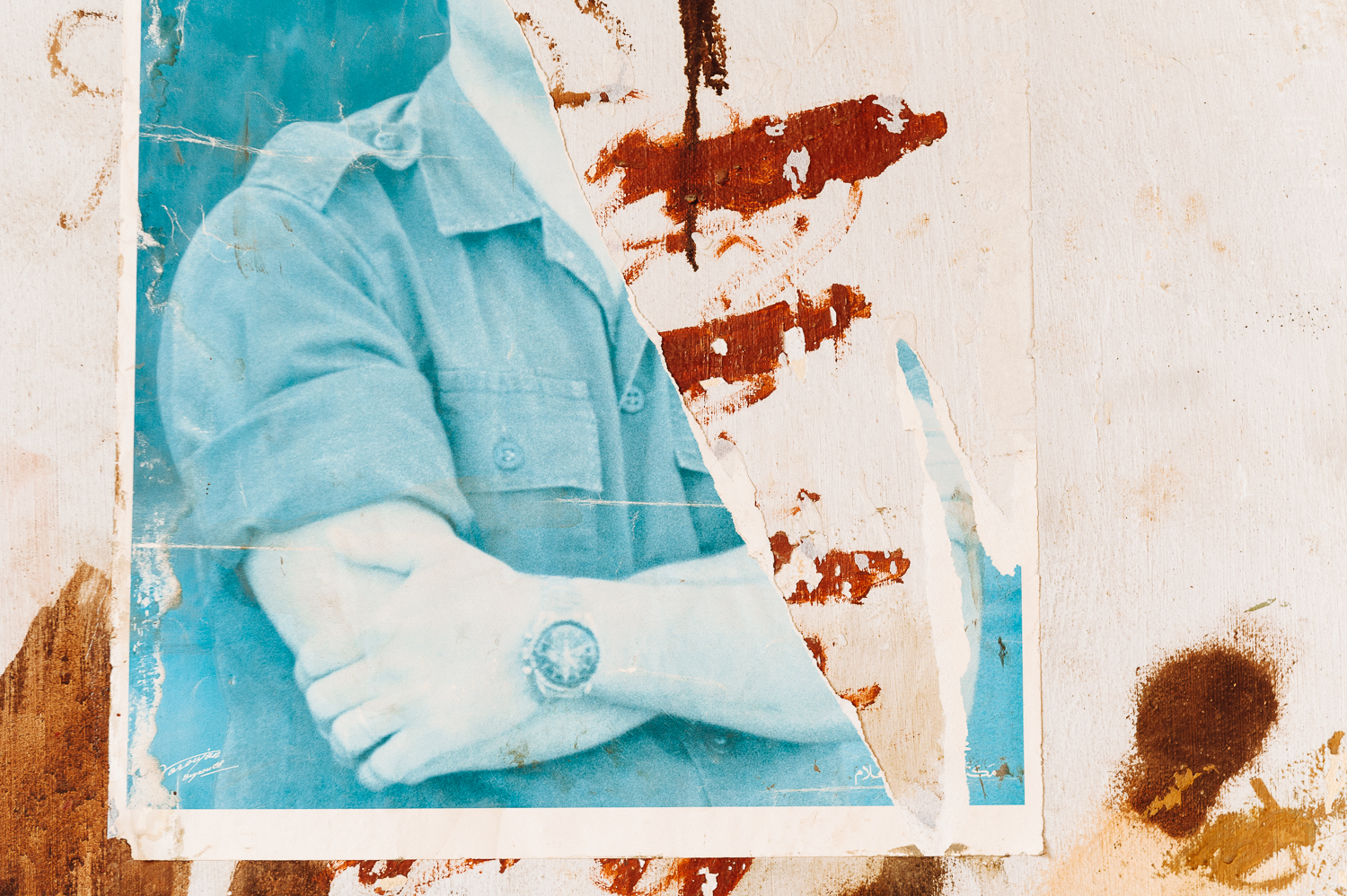
A free daily email with the biggest news stories of the day – and the best features from TheWeek.com
You are now subscribed
Your newsletter sign-up was successful
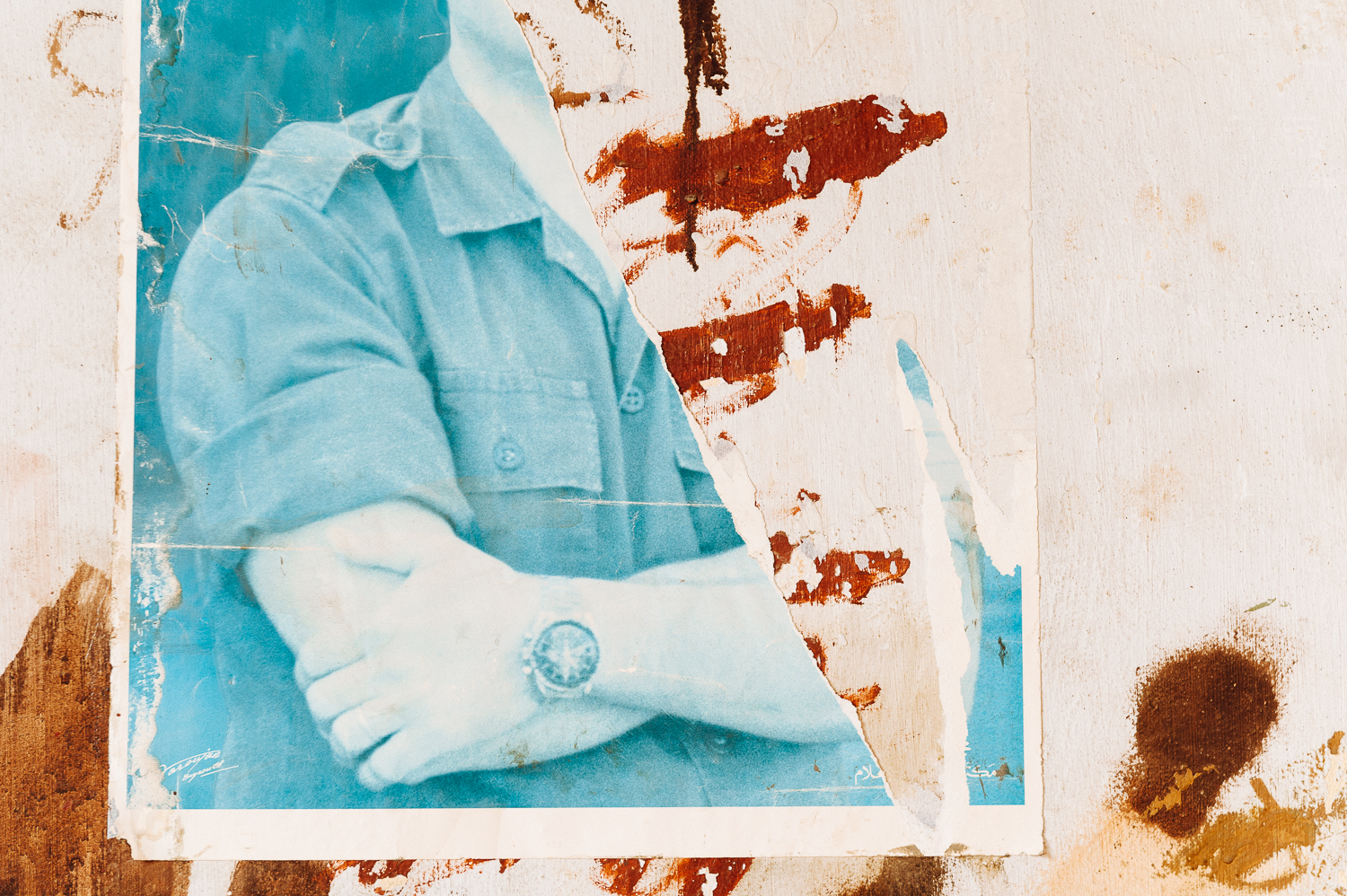
(Tanya Traboulsi)In 2010, Austrian-Lebanese photographer Tanya Traboulsi discovered remnants of an answer to that question in the form of tattered, washed-out photographs, posters, and magazine clippings on the walls of a warehouse in an industrial area of eastern Beirut.At the time, the building was in the process of being repurposed into an art gallery, and when Traboulsi visited there was already an exhibit on view. But it was the faded religious figures, the photos of old cars, and the pin-ups of women peeking out from behind the curated works that drew her attention.
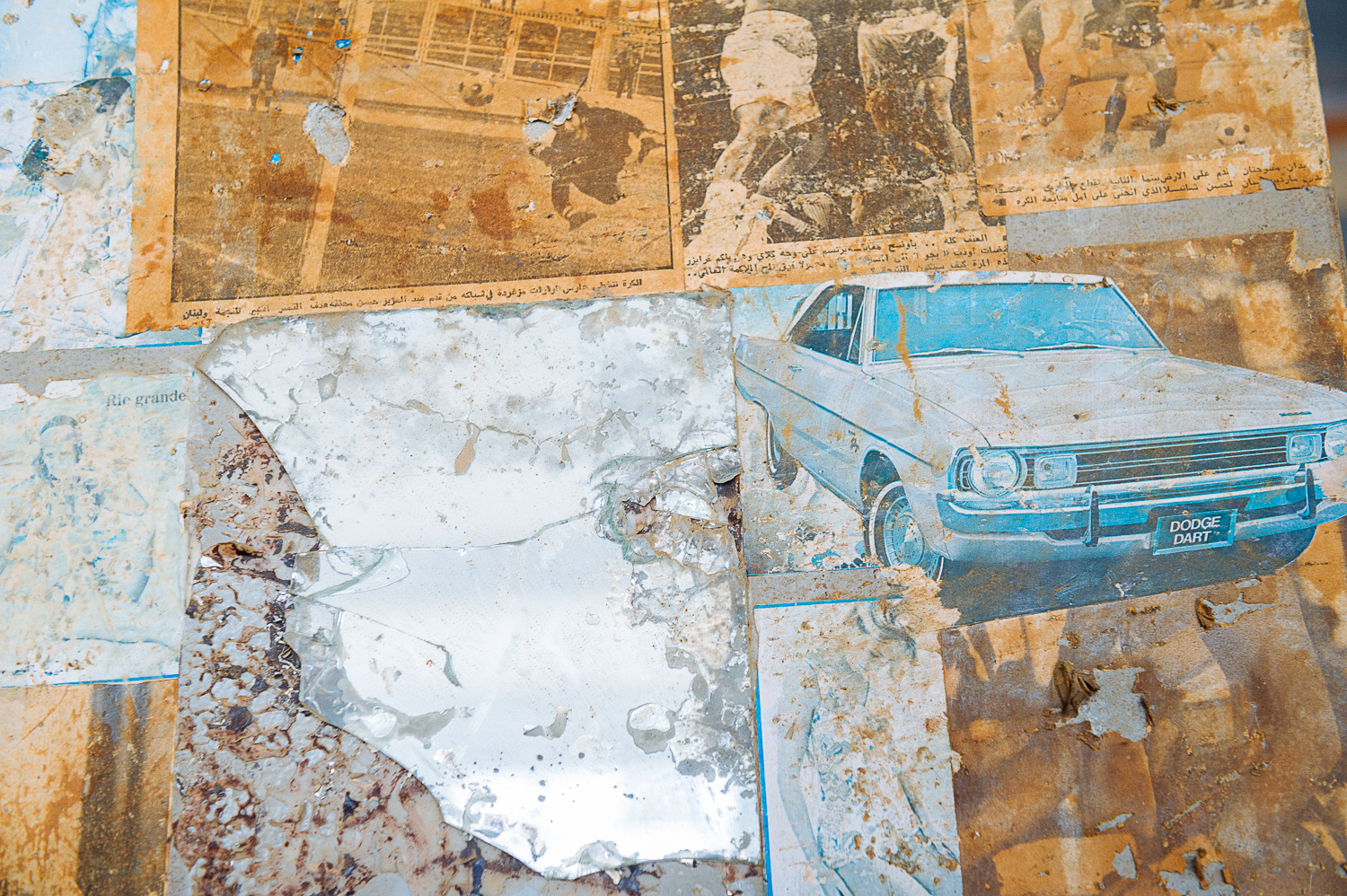
(Tanya Traboulsi)The building, Traboulsi learned, was initially a wood factory. But after Lebanon's civil war erupted in 1975, the factory's production came to a halt and the building was abandoned. At some point during the brutal 15-year sectarian conflict, which killed an estimated 150,000 people, a Christian militia group took over the abandoned factory and used it to house its troops.The posters, Traboulsi realized, had once belonged to those soldiers — decorations to keep their spirits aloft during a long, low period of unrest. Time had turned the walls into a concrete canvas of dreams and memories.
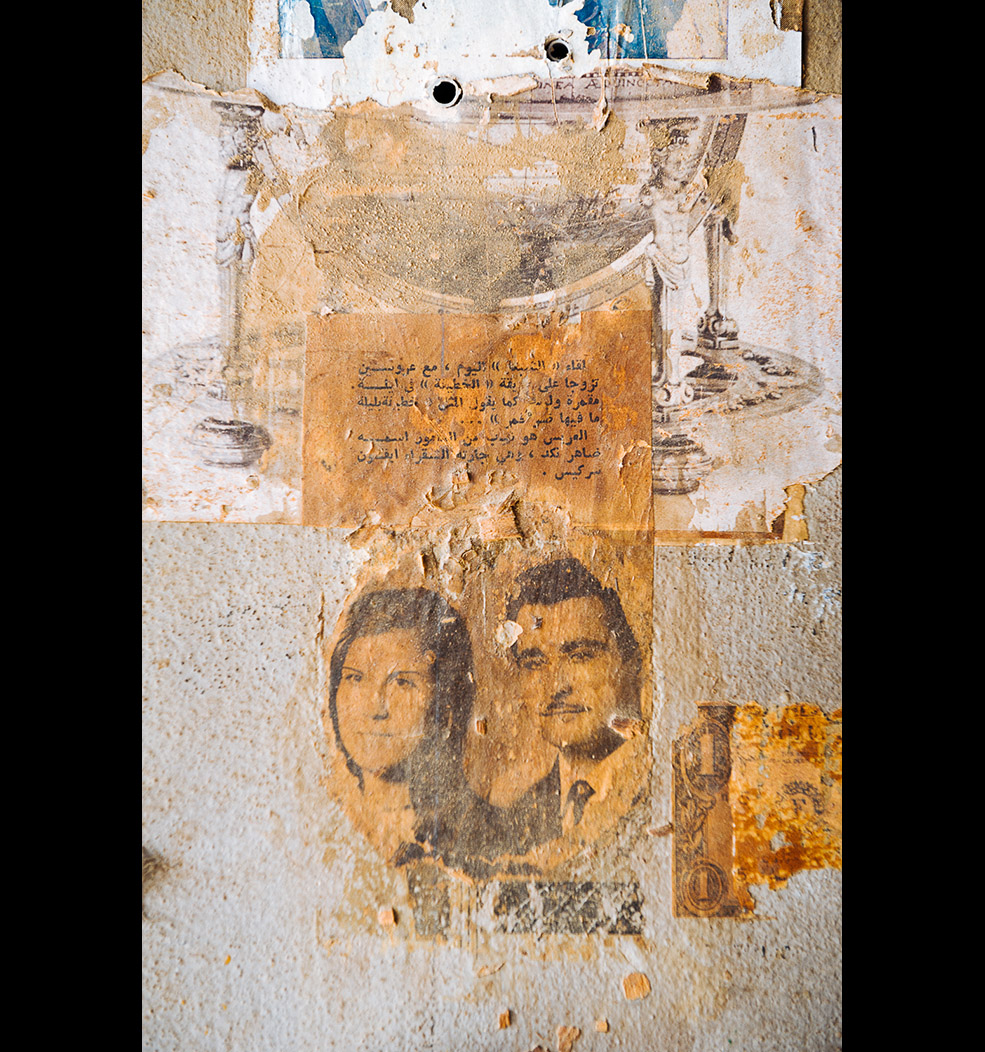
(Tanya Traboulsi)Traboulsi gained access to the building and was able to photograph the space in its raw form, capturing what remained of this unique time capsule. Her resulting series, Collection 1983, presents a vivid portrait of the unknown soldiers from one side of the battle."These images caught my attention because they carried so much personal details and told stories without me knowing much about the [people] who put them there," Traboulsi said in an interview with The Week. "I could feel their presence and [wondered] about their stories: What life had they led before they became militia fighters? Who did they love? How did they feel — lonely, happy, euphoric, depressed, alone? What did they yearn for?"Many of the wall hangings focus on frivolity: material pleasures like cars, motorcycles, and vacation destinations, or beloved pastimes like boxing and music. Others express a deep yearning for home — portraits of family members alongside handwritten letters and crosses. A few of the images showed women in various states of undress.
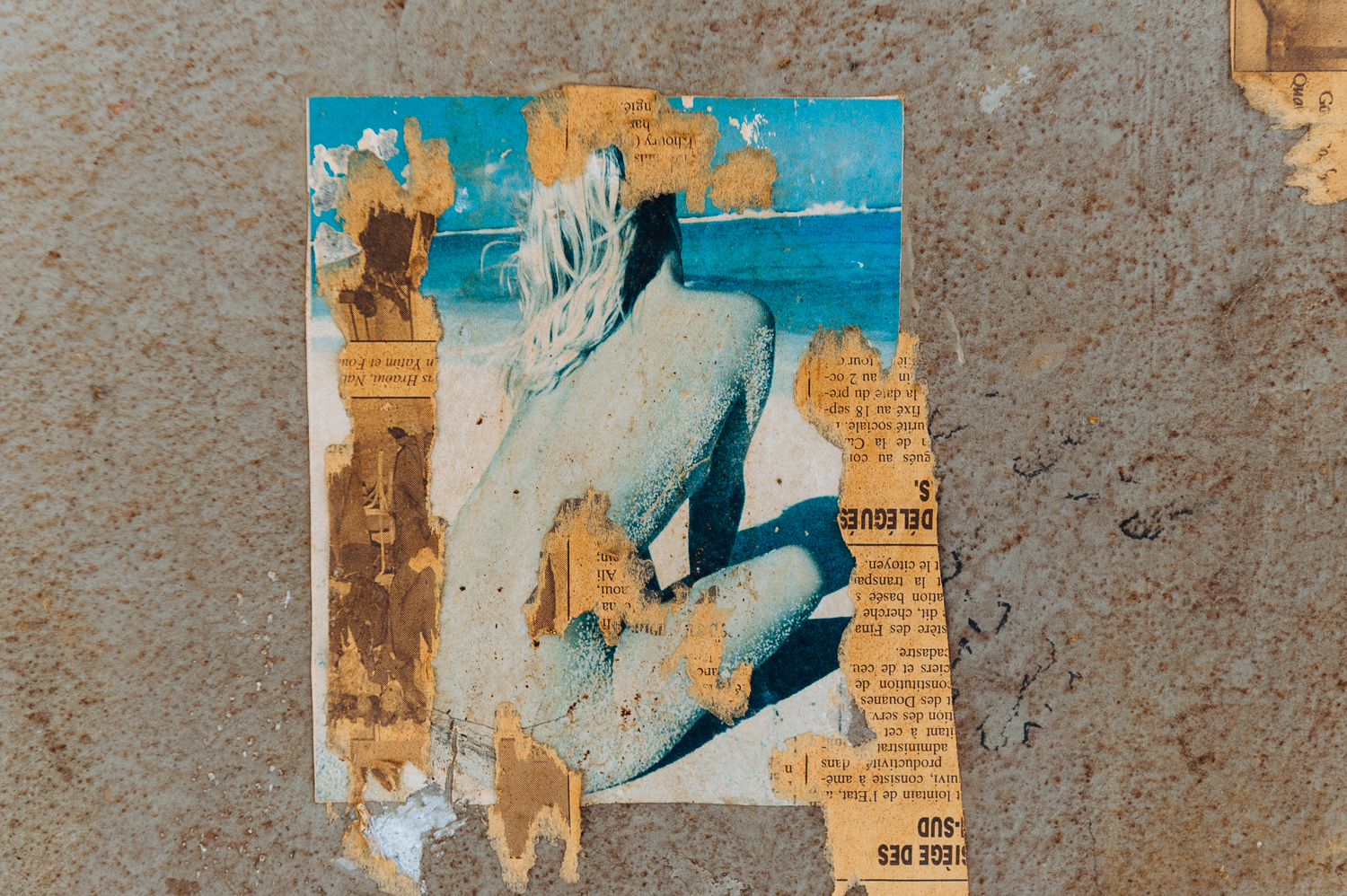
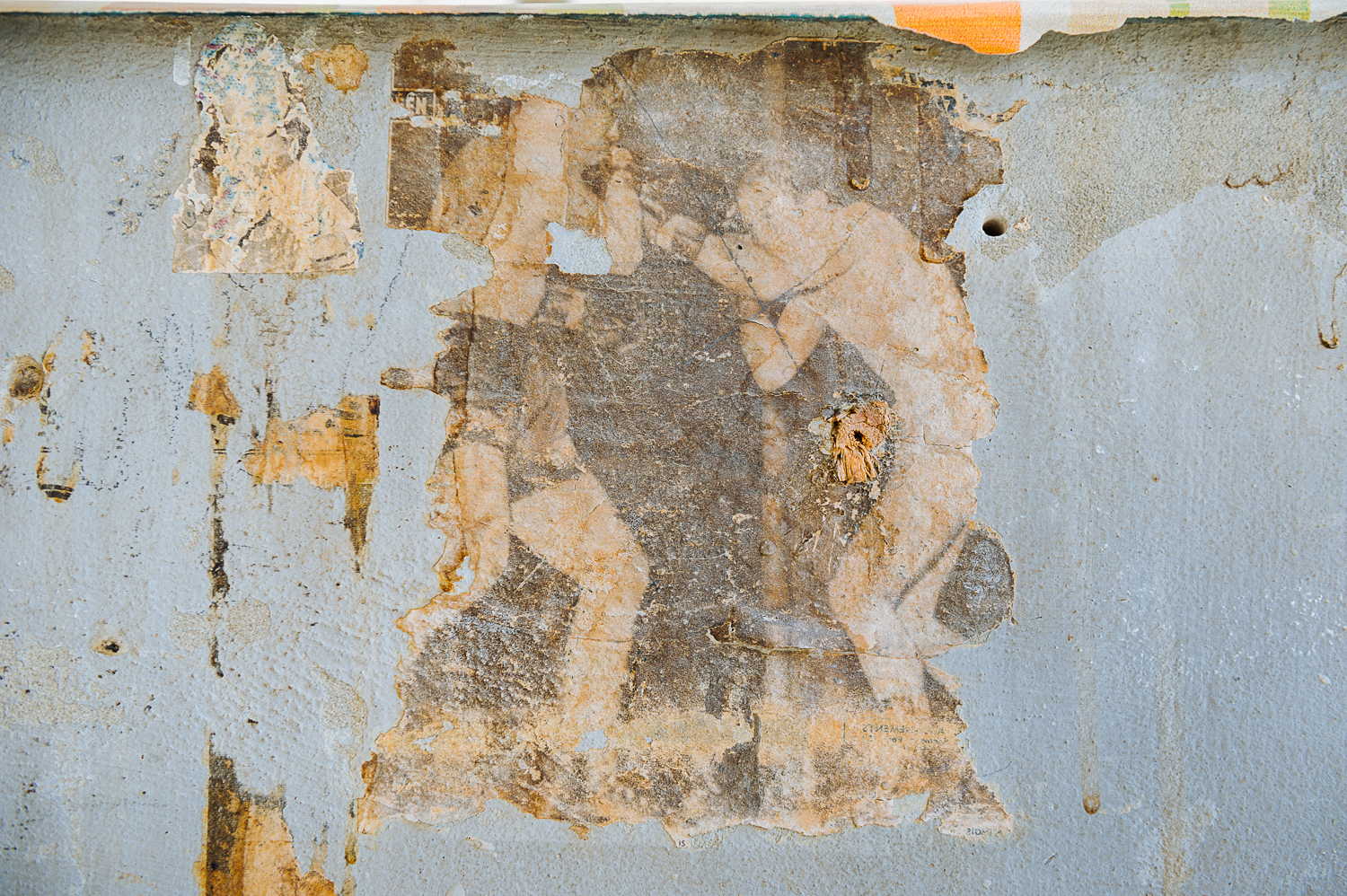
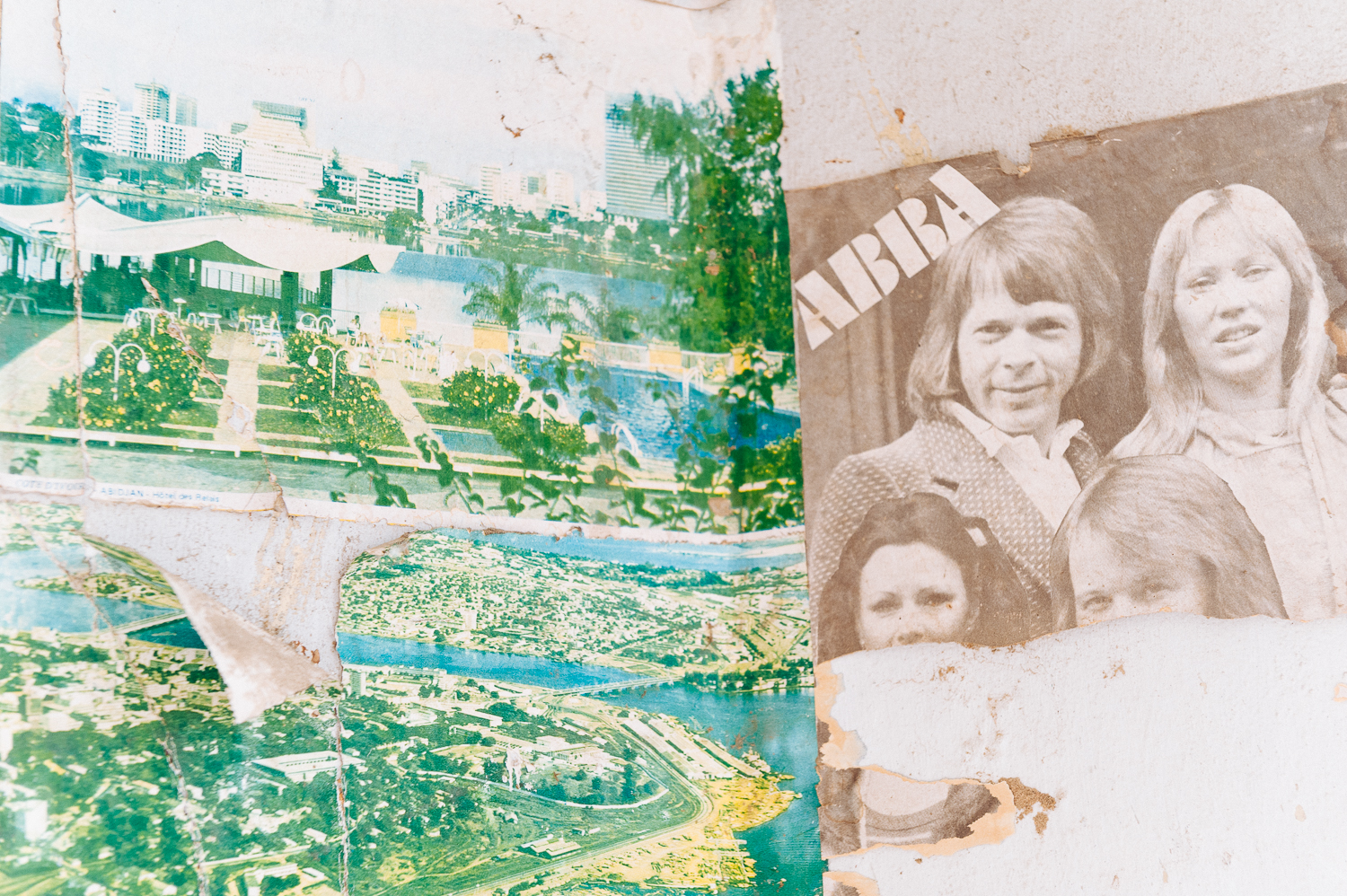
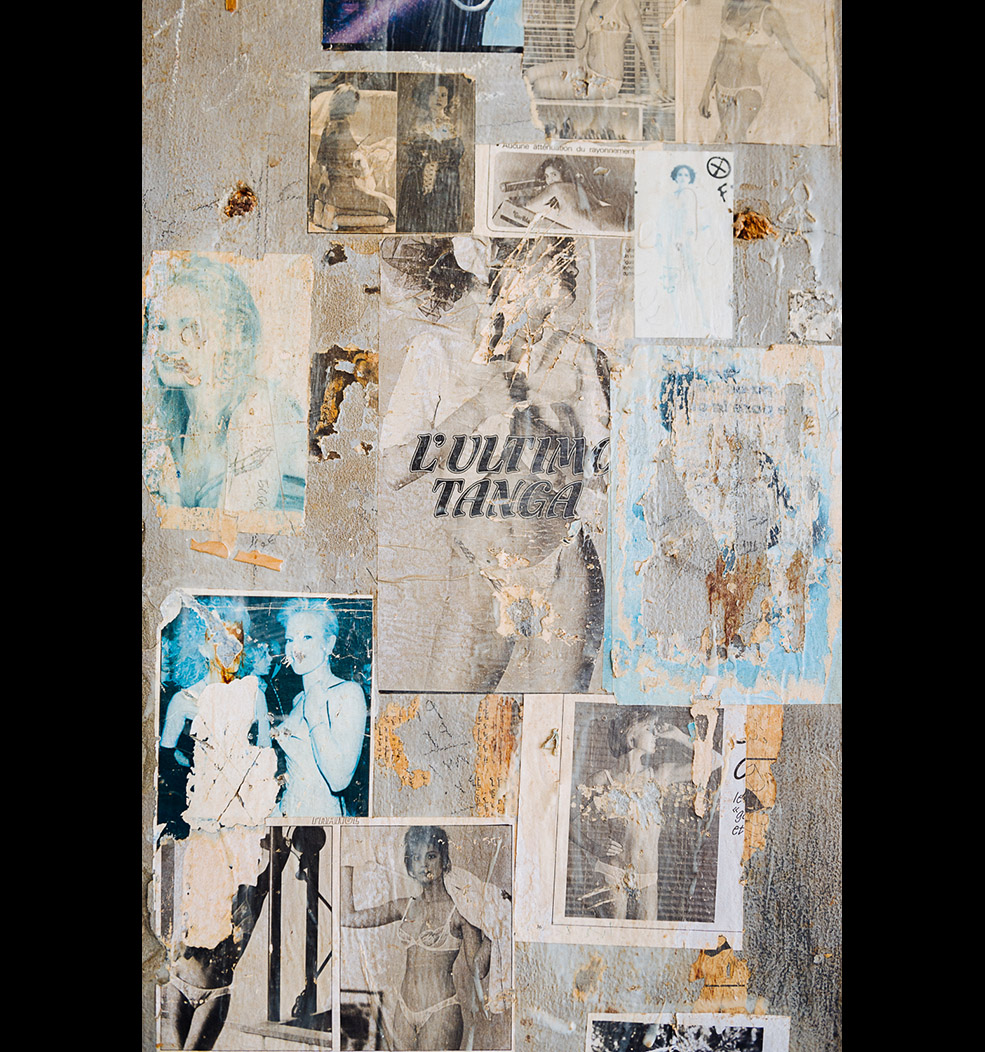
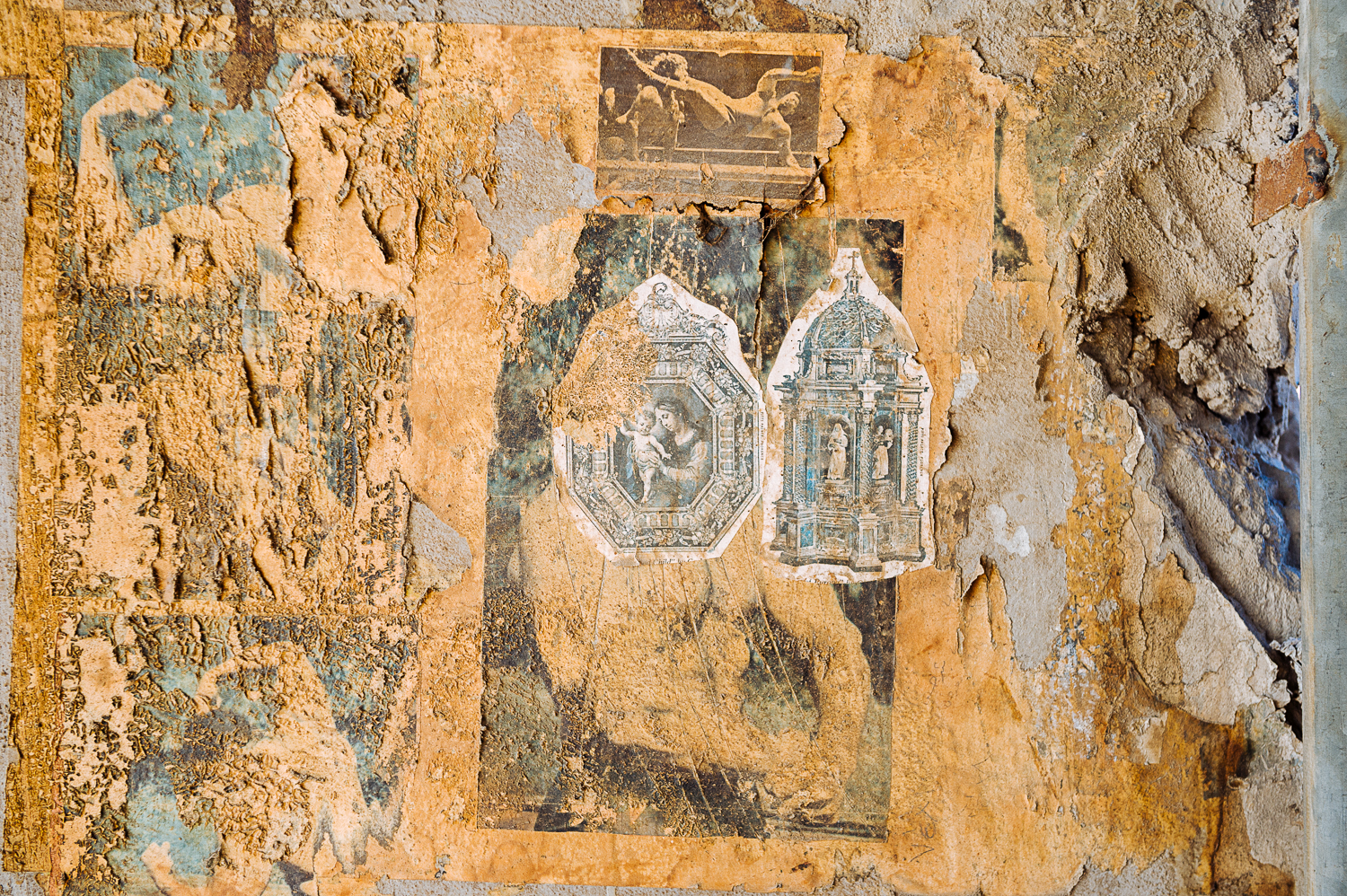
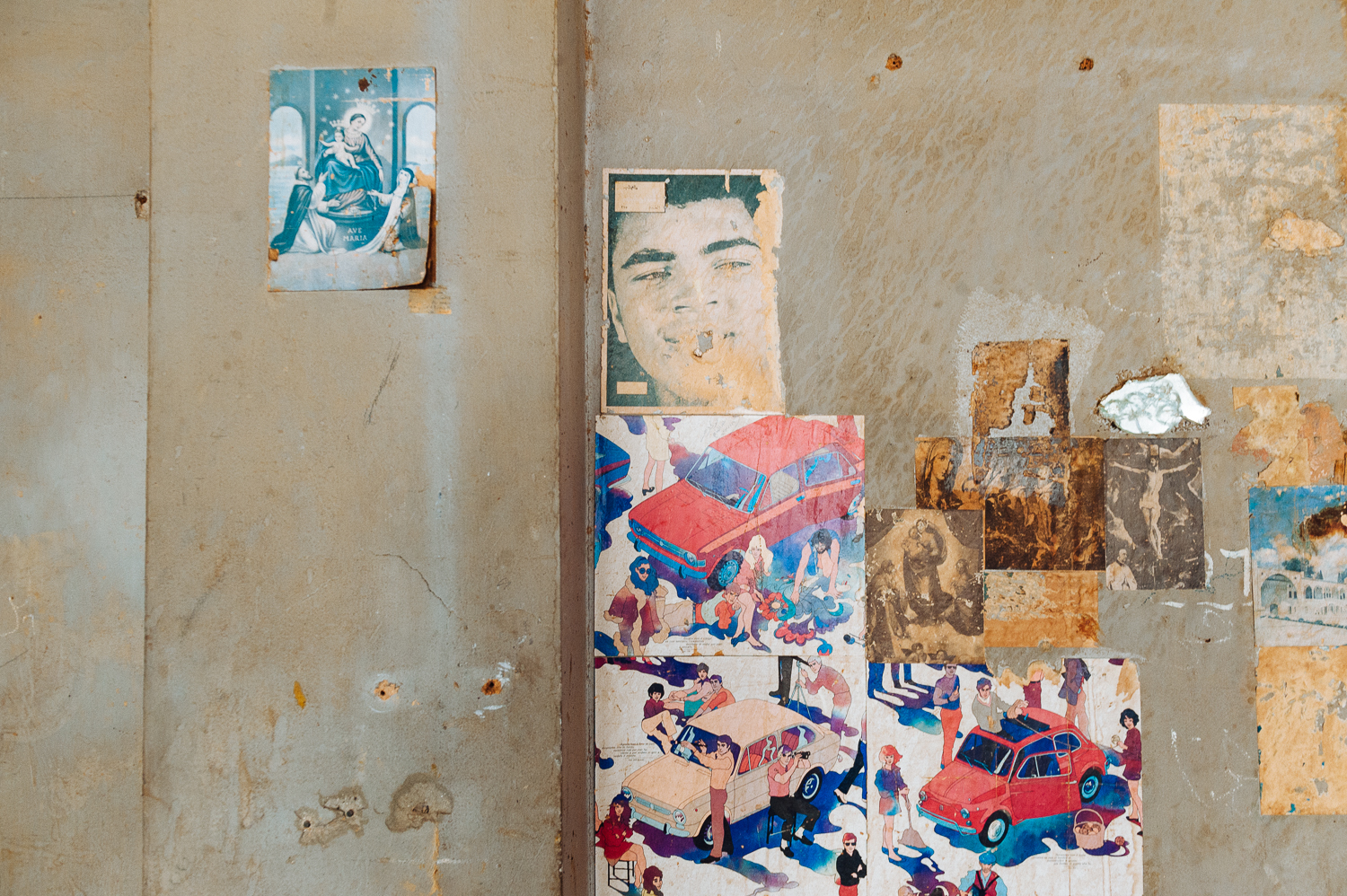
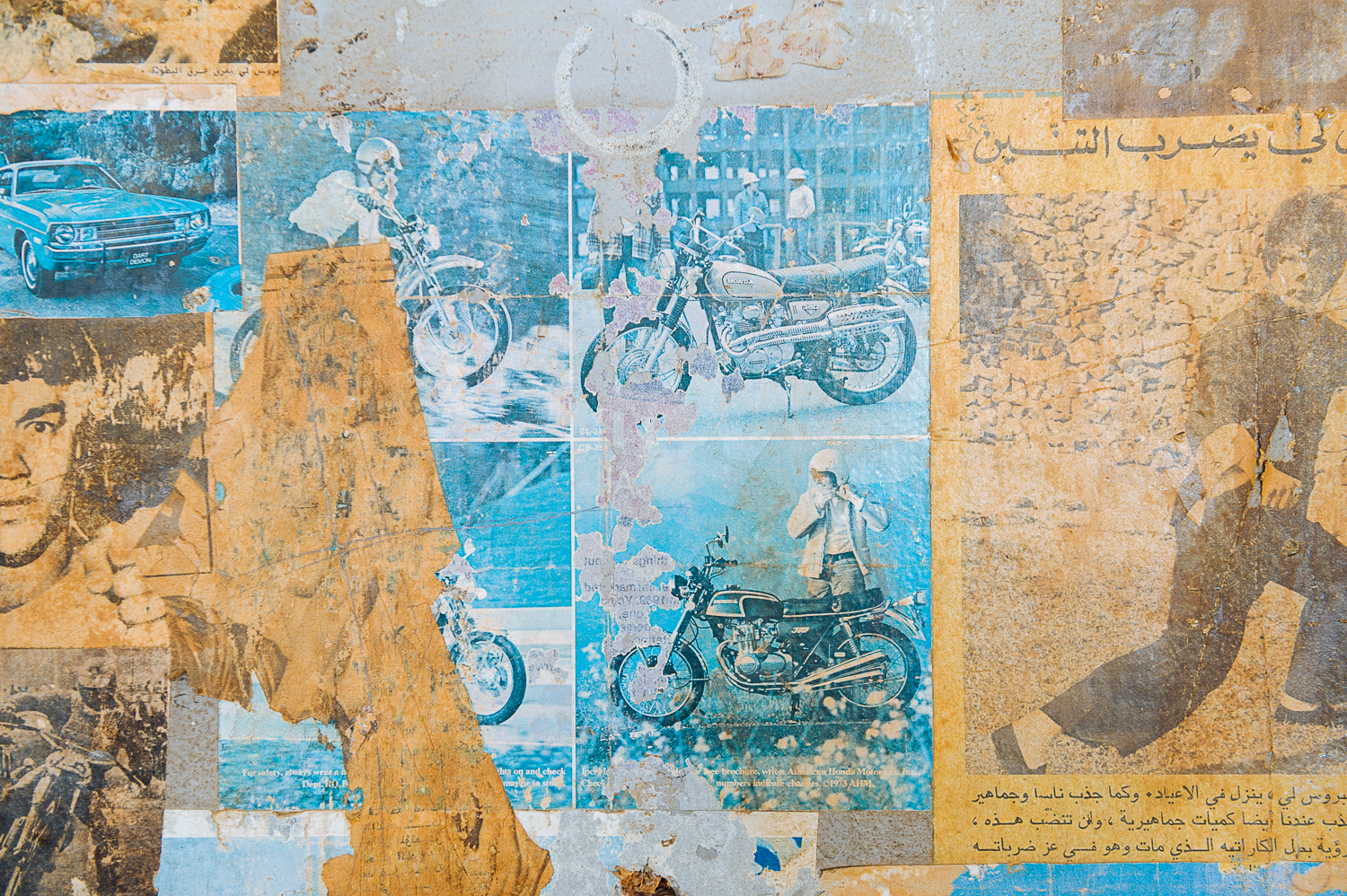
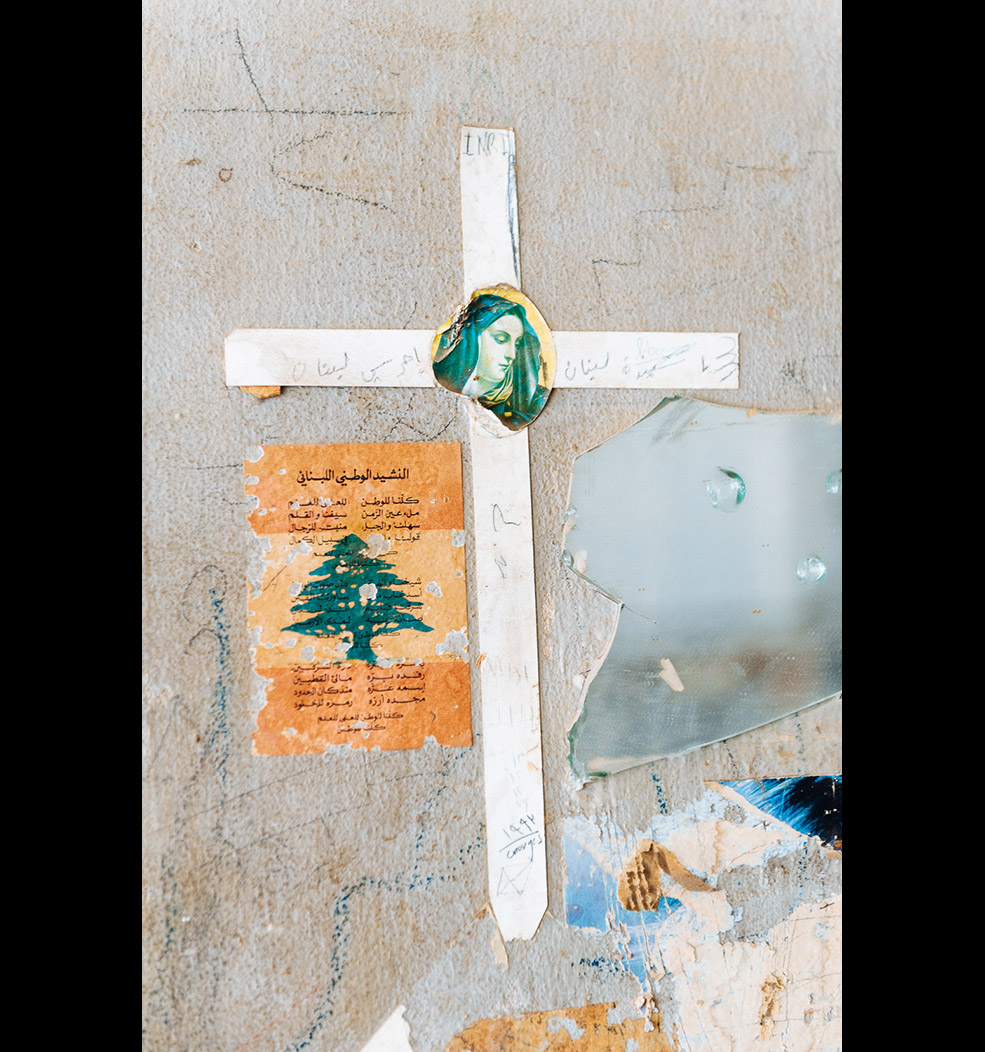
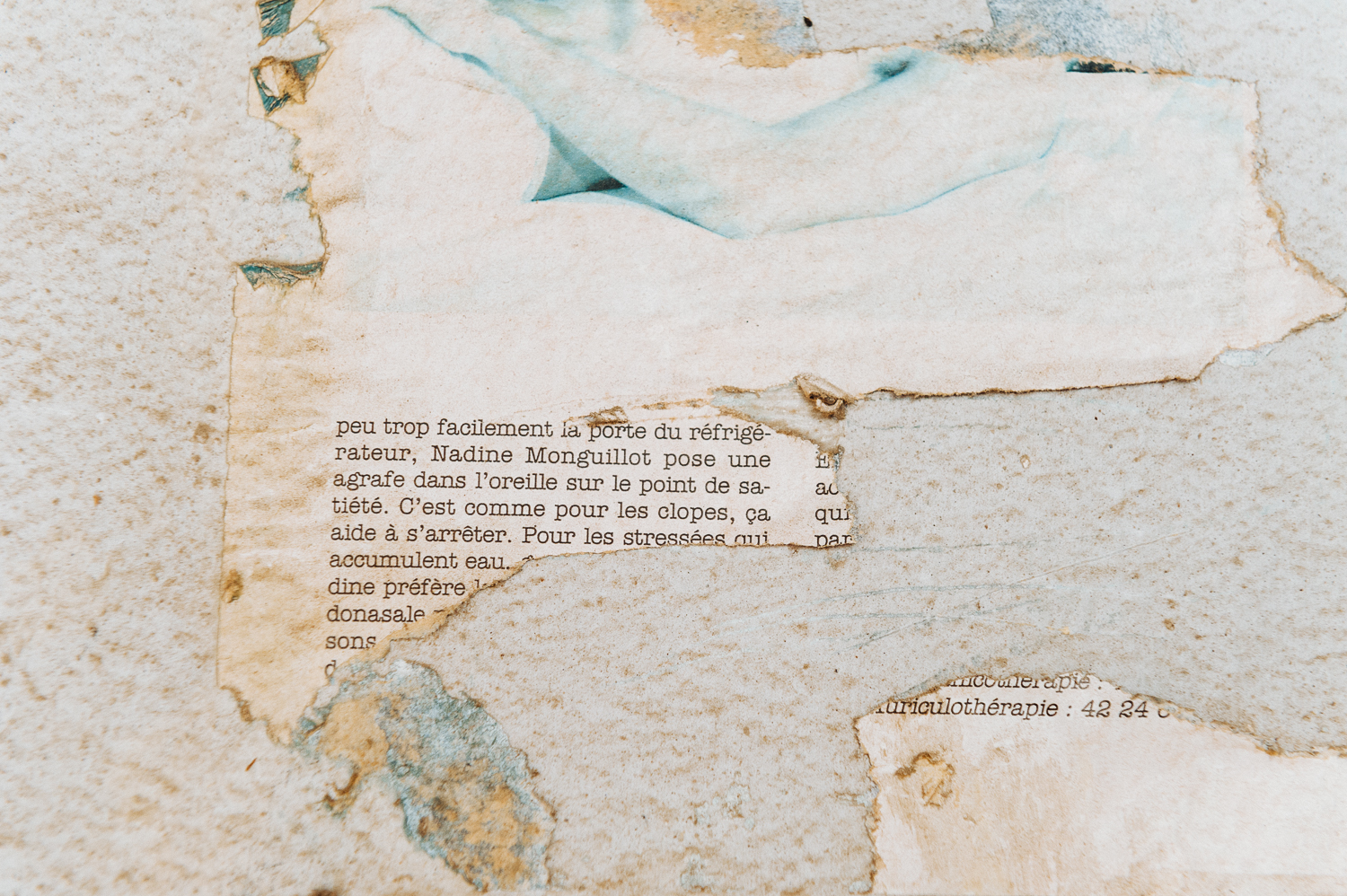
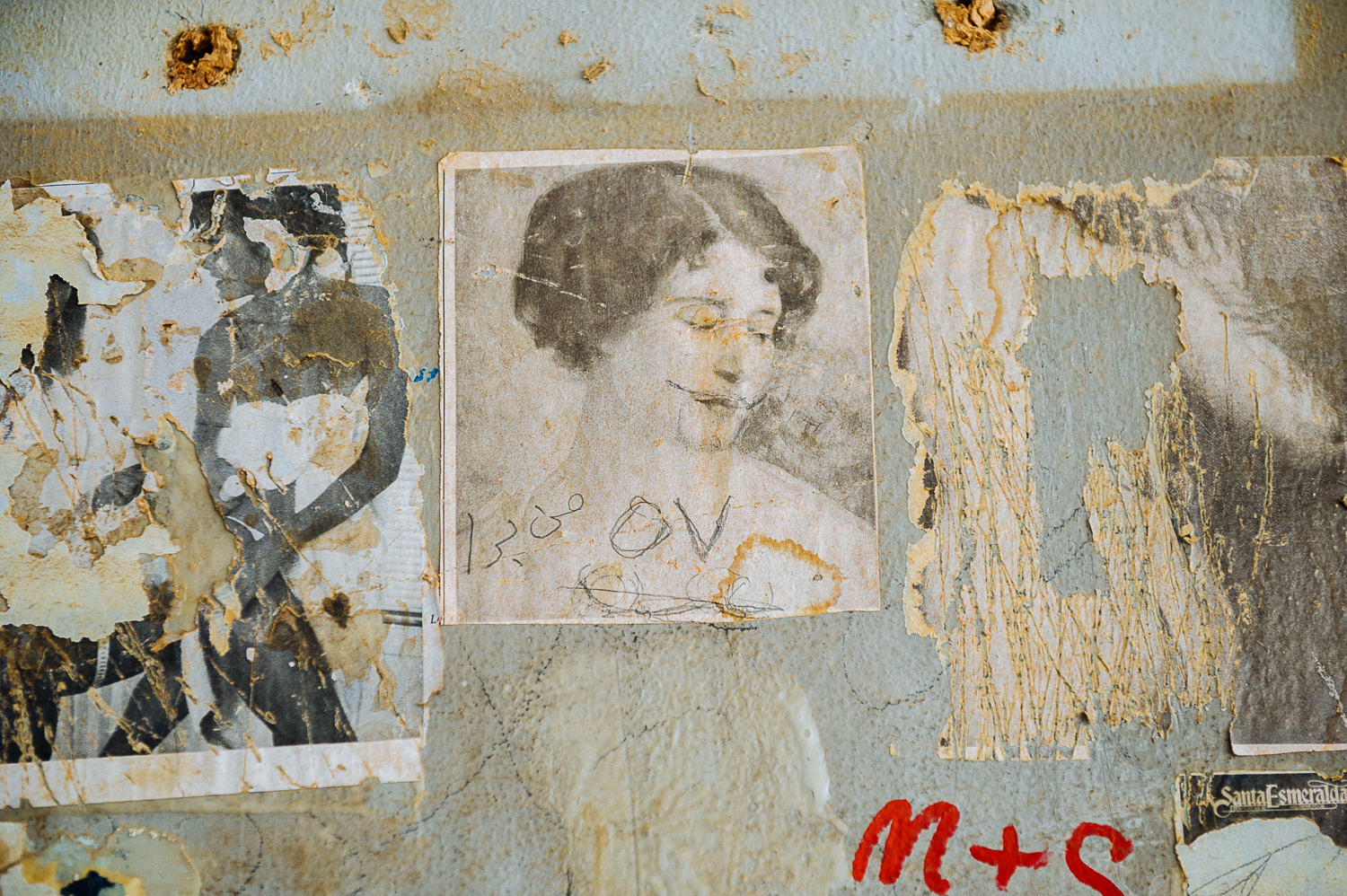
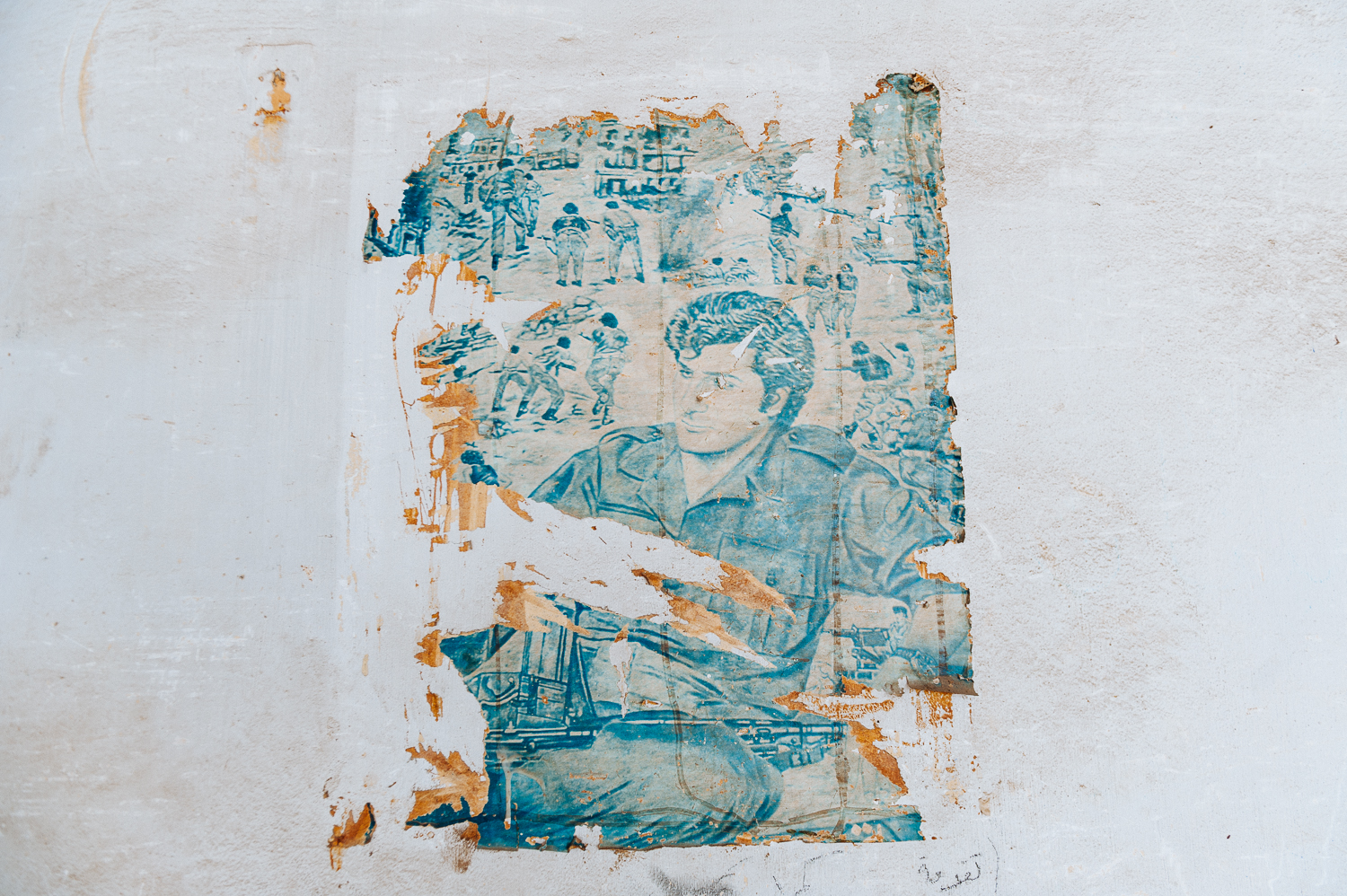
A free daily email with the biggest news stories of the day – and the best features from TheWeek.com
Kelly Gonsalves is a sex and culture writer exploring love, lust, identity, and feminism. Her work has appeared at Bustle, Cosmopolitan, Marie Claire, and more, and she previously worked as an associate editor for The Week. She's obsessed with badass ladies doing badass things, wellness movements, and very bad rom-coms.
-
 The ‘ravenous’ demand for Cornish minerals
The ‘ravenous’ demand for Cornish mineralsUnder the Radar Growing need for critical minerals to power tech has intensified ‘appetite’ for lithium, which could be a ‘huge boon’ for local economy
-
 Why are election experts taking Trump’s midterm threats seriously?
Why are election experts taking Trump’s midterm threats seriously?IN THE SPOTLIGHT As the president muses about polling place deployments and a centralized electoral system aimed at one-party control, lawmakers are taking this administration at its word
-
 ‘Restaurateurs have become millionaires’
‘Restaurateurs have become millionaires’Instant Opinion Opinion, comment and editorials of the day
